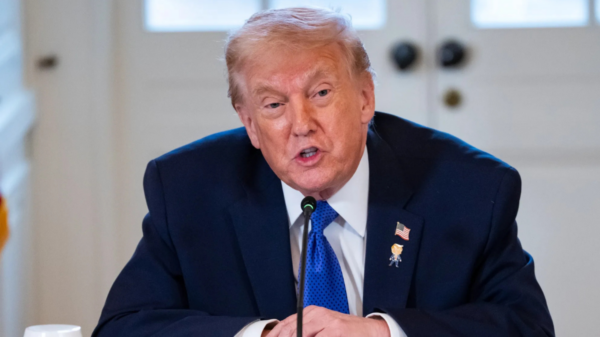THE STORY
NORTH HAMPTON, New Hampshire — Vice President and Democratic presidential nominee Kamala Harris on Wednesday unveiled a plan for new small businesses, proposing a lower long-term capital gains tax in a break from President Joe Biden’s plan.
Speaking in supporters in Portsmouth, New Hampshire, Harris announced a $50,000 tax benefit for new small businesses and a 28% tax for wealthy Americans, which is around 10 points lower than Biden’s.
“And while we ensure that the wealthy and big corporations pay their fair share, we will tax capital gains at a rate that rewards investment in America’s innovators, founders, and small businesses,” Harris said.
“We know that when the government encourages investment, it leads to broad-based economic growth,” she added.
Harris also announced plans to increase the tax credit for starting a small business from $5,000 to 50,000.
“America’s small businesses are an essential foundation to our entire economy,” she said. “They do trillions of dollars in business every year.”
GOING IN DEPTH
Biden previously called for a 39.6% tax rate on capital gains in his budget blueprint. However, like Biden, Harris also supports a minimum tax for billionaires. Former President Donald Trump has not announced his position but back in 2016, he did support capital gains taxes of 20%, and the Heritage Foundation’s Project 2025 calls for a 15% capital gains tax.
Trump is scheduled to give his own economic policy speech on Thursday as Harris hunkers down in Pittsburgh, where she will remain until next Tuesday’s debate.
Harris has said she is also in favor of quadrupling the tax on stock buybacks to 4 percent — a position that was created by the Inflation Reduction Act, which the Democrats pushed through Congress in 2022.
THE MORE YOU KNOW
Harris’ remarks are her attempt to establish herself as more moderate with portions of her economic policy while still maintaining her a more populist platform, such as a $25,000 credit for first-time homebuyers and federal investigations into retail grocery pricing — both of which she previously announced.
An official familiar with Harris’ plans said the $50,000 benefit would help offset the $40,000 it costs on average to start a small business.
“We will have a particular focus on small businesses in rural communities, like right here in New Hampshire,” Harris said.
